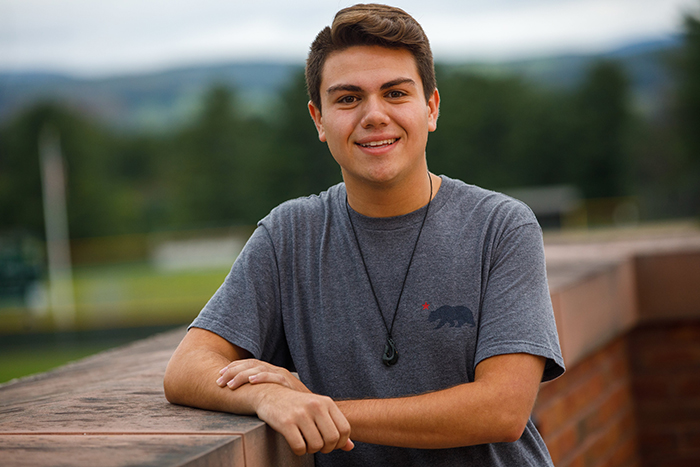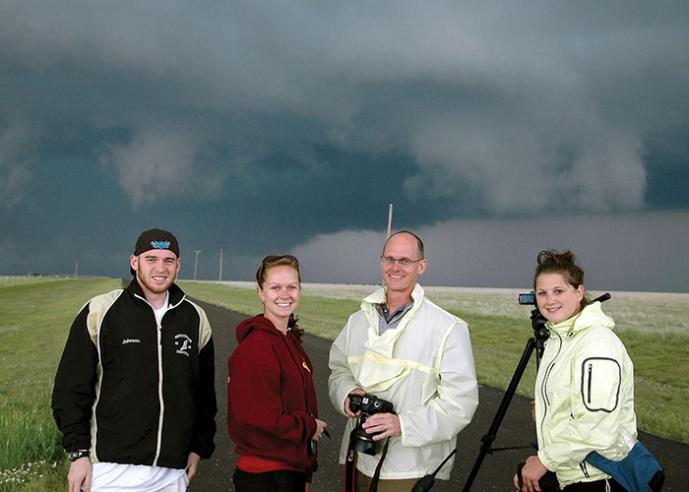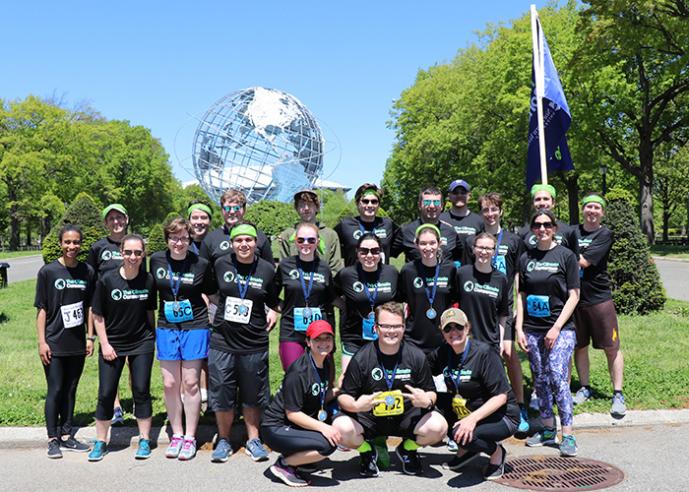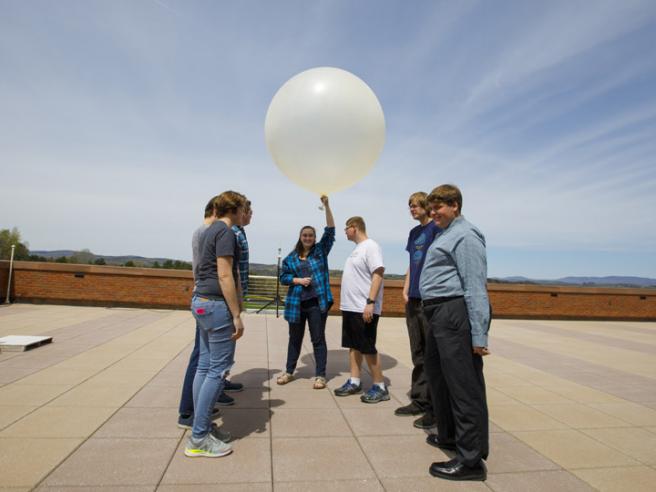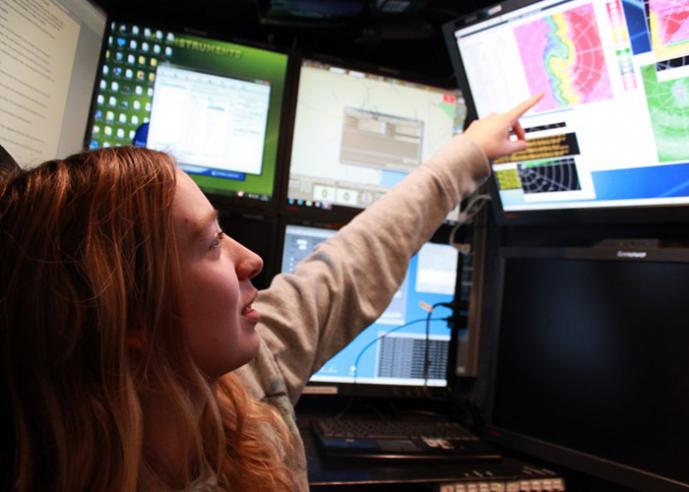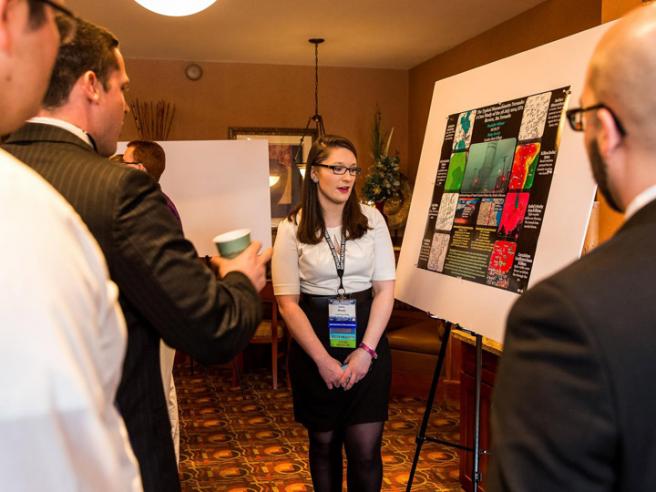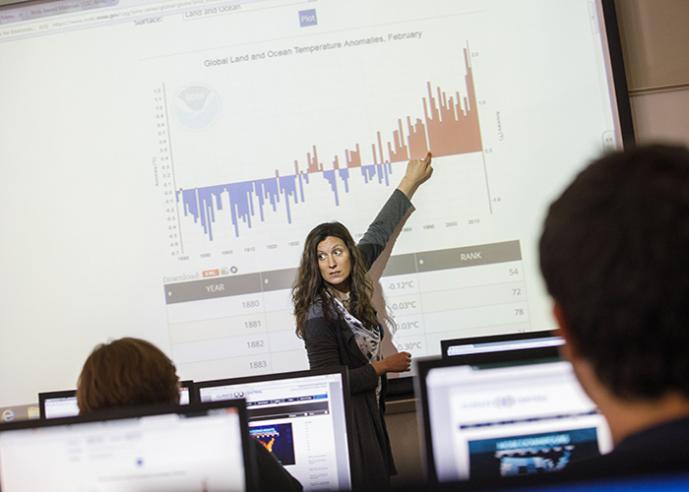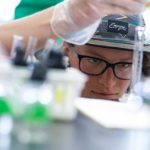North sees straight to the problem and gets straight to fixing it.
Are you concerned about climate change and how it will impact you and future generations? Did you know that we can still avoid the worst impacts? At Northern Vermont University-Lyndon, we are training the next generation of scientists to address the climate crisis head-on.
The new climate change science program at NVU-Lyndon prepares students with a passion for environmental issues to become effective leaders and problem-solvers. This innovative program allows students to understand climate change in an interdisciplinary manner: you’ll develop a strong foundation in atmospheric and environmental sciences, including biology, chemistry, and geology, as well as the communication skills needed to become an effective advocate.
One of the first programs of its kind in the nation, our climate change science program offers small classes and a supportive faculty who will challenge you to grow as a scientist and leader in this critical field.

